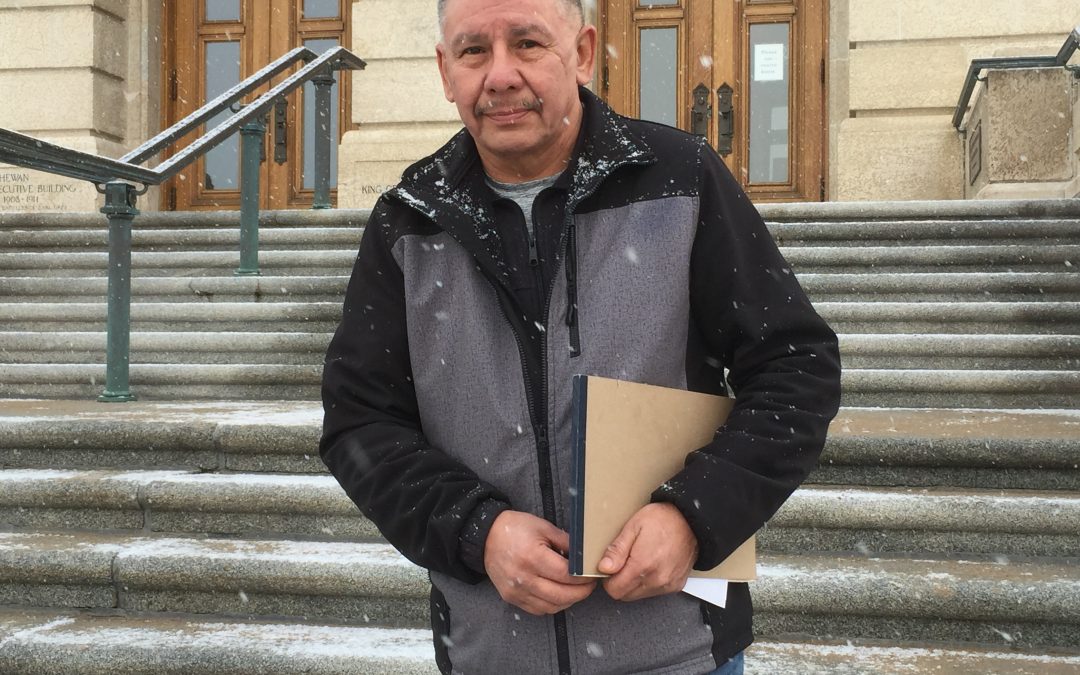The Chief of the Makwa Sahgaiehcan First Nation testified before a House of Commons Committee examining supports for Indigenous communities through the second wave of COVID 19 that the Canada Emergency Response Benefit (CERB) given out during the initial country-wide lockdown in the spring has caused addictions and domestic violence to increase on his First Nation.
“The areas that CERB really took a toll was in the addictions area. We had a lot of people have a lot of money which they never had before they can spend it any way they want,” Chief Ronald Mitsuing said to Members of Parliament on the Standing Committee on Indigenous and Northern Affairs.
“Alcohol is a big major contributing factor of our people with their addictions. Right now, all our centers are closed.”
Mitsuing said that the RCMP have had approximately 1150 calls for service, taking officers away from drug investigations and related activities.
Yet for Mitsuing a major concern is the affect of addictions and domestic violence is having on children and youth.
“The kids were crying out that they want to find their identity,” Mitsuing said. “The children actually suffered more from that.”
The Chief said the community is focusing on traditional activities for youth, such has teaching them how to hunt, snare. Even encouraging children to participate in singing groups for future ceremonies.
“We have to teach them how to become self sufficient and help their future when they’re older,” Mitsuing explained.
However, the Makwa Sahgaiehcan First Nation has very similar housing issues to other First Nations in that overcrowding is very common.
Mitsuing testified that the overcrowding is negatively impacting children’s education.
“We do have a severe housing shortage. It’s all over. We have young families that are living with their parents, and they have kids of their own and they don’t have nowhere to go,” Mitsuing said. “If a kid goes to school from a happy home, he’ll be happy to learn all day. They won’t have that overcrowding to deal with where you can study in. Try to upgrade your skills.”
During his testimony Mitsuing was asked about internet connectivity. He explained that on the west side of Loon Lake there is no internet, despite having a fiber optic cable nearby.
He alleged that it would be too expensive to connect the First Nation’s 50 homes at a cost of $38,000 per household.
Mitsuing said this is problematic in a pandemic where schools are closed in that online learning is not possible. However, children to receive homework packages, which Mitsuing classified was not enough.
(Photo: Chief Ronald Mitsuing. By Dan Jones)
